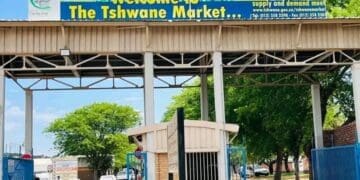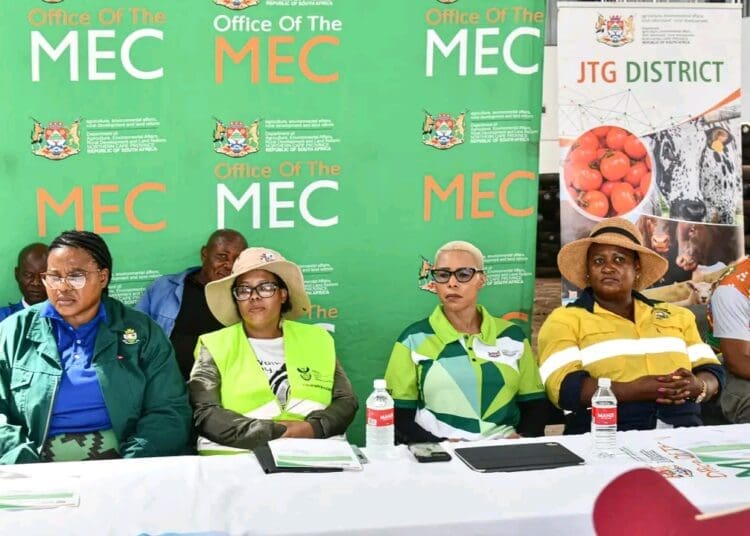By Excel Fongoma
Small-scale farmers in the Northern Cape continue to face major challenges despite government-backed initiatives aimed at improving market access and business sustainability.
The Department of Agriculture, Environmental Affairs, Land Reform and Rural Development, in collaboration with Youth in Agriculture and Rural Development (YARD) in the Northern Cape and the Small Enterprise Development Agency (SEDA) recently hosted a farmers’ market in Batlharos, Kuruman.
The event formed part of the Smallholder Horticulture Empowerment and Promotion (SHEP) initiative, designed to shift farmers from merely growing crops to selling what remains, towards a structured grow-to-sell model.
While the market provided a platform for 19 local producers to showcase a range of agricultural products, from fresh produce and broiler chickens to processed foods and indigenous farming goods, underlying issues remain unresolved.
Farmers who attended the event voiced concerns that the market alone was not enough to address structural barriers such as water shortages, a lack of infrastructure and insufficient government support.
Kgomotso Irvin Itumeleng from Molapo Masetlha Foundation (Pty) Ltd highlighted the difficulties farmers faced.
“The market day is a great opportunity for us to connect with consumers, but the reality is that access to water and proper infrastructure remains a huge challenge. We need long-term solutions, not just an occasional selling platform,” said Itumeleng.
Letlhogonolo Leserwane, founder of Tlhoks Vegies, agreed, adding: “Farmers’ markets can help small producers reach customers directly, but they do little to address high operational costs and market competition. Without better marketing support and financial backing, many of us will struggle to remain viable.”
For many farmers, accessing government funding and resources remains an uphill battle.
Lenyena Iren Dioka, founder of Malimpuanyane Farming Company, shared his frustration.
“The farmers’ market was a good opportunity for visibility, but as rural SMMEs we need more than exposure. Many of us returned home with unsold goods because the timing and location affected turnout.”
Dioka went further, criticising the lack of financial assistance from state institutions.
“I have met all requirements for funding. My products are branded and tested, yet I have received no support from the Department of Agriculture or Small Business Development. I have had to fund everything myself, which is unsustainable in the long run.”
While initiatives like the market aim to empower local producers, experts argue that without stronger infrastructure, financial aid and better coordination, these efforts will have little lasting impact.
Economist Dr Sipho Mahlangu noted that if the government truly wanted to support SMMEs in agriculture, it needed to look beyond temporary solutions.
“Access to credit, improved irrigation systems and streamlined funding applications are what will make a real difference,” Mahlangu said.
As farmers continue to struggle with these challenges, there is growing scepticism about whether existing government initiatives will lead to tangible change. Many argue that without urgent intervention, small-scale farming in the Northern Cape will remain a difficult and unprofitable venture.































































